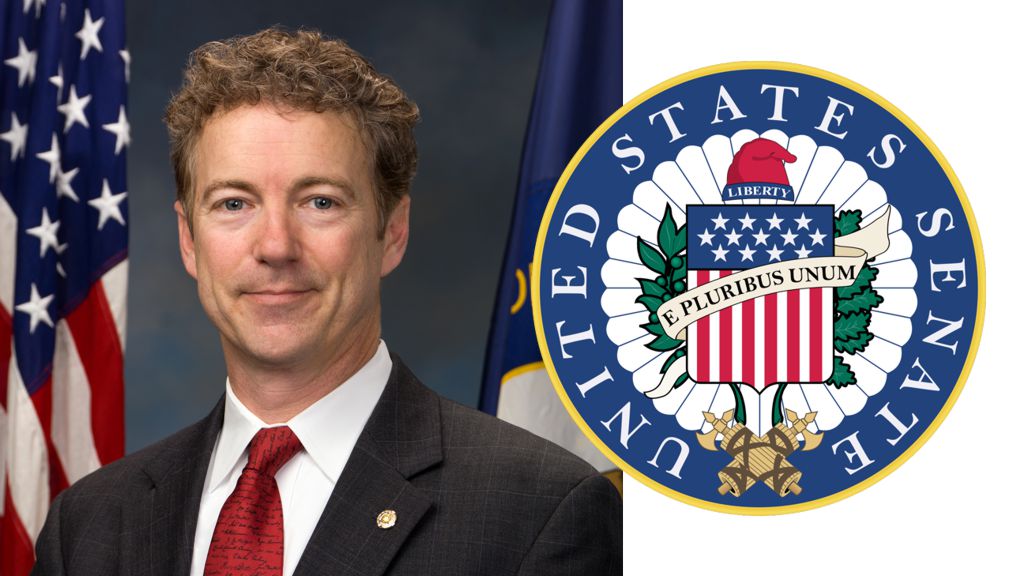Ongoing economic and disruptive technological challenges are some of the main reasons why leaders have opted to quit.
More U.S. CEOs exited their companies in 2024 than in any year in more than two decades, with economic and technological factors contributing to the trend, according to a recent report from global outplacement company Challenger, Gray & Christmas, Inc.
Last year, 2,221 CEOs quit their jobs, according to the company’s Jan. 30 report. The number is 16 percent higher than the previous record, which was set in 2023 with 1,914 CEO exits. The company began tracking CEO changes in 2002.
Also in 2024, 143 founders left their CEO roles, far higher than the 29 in the previous year.
The government/nonprofit sector led 2024 in terms of CEO departures, with 493 executives leaving their posts. Health care and technology sectors saw more than 200 CEO exits each, followed by the entertainment/leisure, financial, and services industries sectors, each with more than 100 executives exiting.
“The environment of economic, political, and regulatory uncertainty that prevailed in 2024 certainly led to many CEO exits,” Senior Vice President Andrew Challenger said.
“With that as a backdrop, we also saw rapid technological advancement and boards that were laser focused on efficiency and productivity. If CEOs were perceived to be lacking, they were not tolerated.”
The rapid development and adoption of artificial intelligence and automation contributed to new leadership at many businesses, according to the report.
Some of the major reasons for CEO exits also include retirement, pursuing new opportunities, and resignations.
In September 2024, Challenger called economic changes a key factor for the rising number of CEO exits.
“Companies are cutting costs across the board, as well as pivoting to new procedures, operations, and in some cases products, in light of new technologies. It’s an ideal time for new leaders to ascend,” he said.
The appointment of interim leaders was found to have almost doubled in 2024 compared with the previous year, according to the report, which suggested that this was an indication that companies may not have proper succession plans in place to deal with the exit of their leaders.







